Power
The accumulation of, the acceptance of, and the use of power are all explored in this section. The individual reigns of some monarchs are looked at such as those from the Tudor period, but so are other leaders, despotic and revolutionary. Contemporary issues of the use of power in a democracy are explored are more complex ideas around power through individual actions and movements in history.
Sort by:
Date (Newest first) | Title A-Z
Show:
All |
Articles |
Podcasts |
Multipage Articles
-

My Favourite History Place: The North Wessex Downs and Cwichelm’s Barrow
ArticleClick to view -
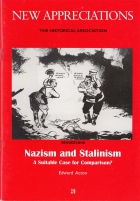
Nazism and Stalinism
ArticleClick to view -

New light on Rendlesham
ArticleClick to view -

On Black Lives Matter
ArticleClick to view -

Out and About: the central Marches of Wales and the Mortimer family of Wigmore
ArticleClick to view -

Out and about in Zanzibar
ArticleClick to view -
Parliament, people or privilege: Do we need a better understanding of constitutional history?
ArticleClick to view -

Personality & Power: The individual's role in the history of twentieth-century Europe
ArticleClick to view -

Peterloo: HA interview with Mike Leigh and Jacqueline Riding
ArticleClick to view -

Podcast: Medlicott Lecture 2018 - Justin Champion
ArticleClick to view -

Podcast: Re-imagining Democracy
ArticleClick to view -
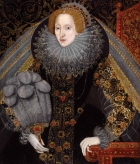
Private Lives of the Tudors
ArticleClick to view -
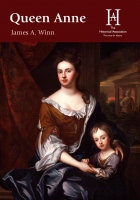
Queen Anne
ArticleClick to view -
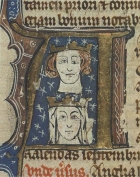
Queenship in Medieval England: A Changing Dynamic?
ArticleClick to view -
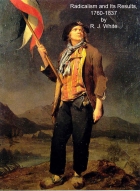
Radicalism and its Results, 1760-1837
ArticleClick to view -
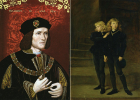
Richard III and the Princes in the Tower: update
ArticleClick to view -
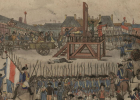
Robespierre: a reluctant terrorist?
ArticleClick to view -

Space and behaviour at the court of Alexander the Great
ArticleClick to view -

Stalin, Propaganda, and Soviet Society during the Great Terror
ArticleClick to view -
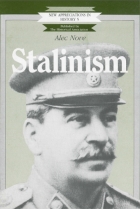
Stalinism
ArticleClick to view

